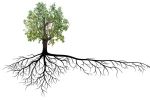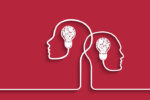
A study by Penn neuroscientist Michael Platt and colleagues reveals that eye movement and pupil dilation can predict decision-making, particularly in financial scenarios involving loss aversion. This research could lead to personalized interventions to influence decision-making processes, especially among older individuals, by understanding the biological aspects of decisions based on where a person looks and for how long.…Read More











